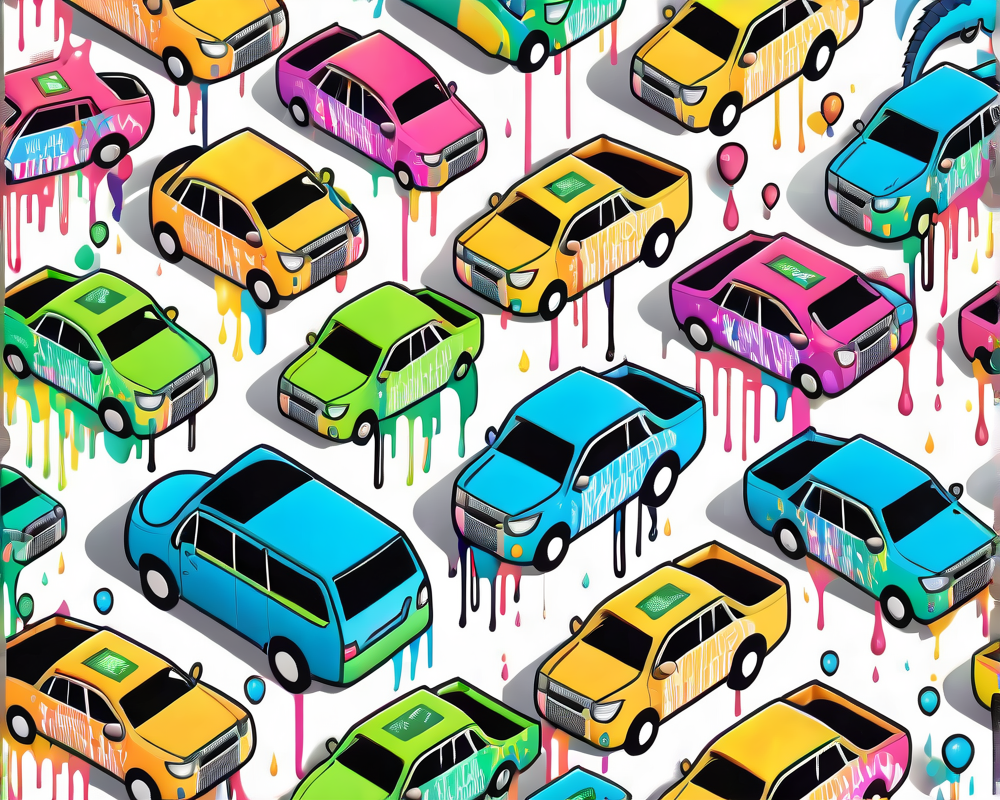Blockchain: A New Era of Sharing Economy
At the recent World Economic Forum in Davos, Don Tapscott, the brain behind the book ‘Blockchain Revolution’, shared a bold prediction: Blockchain could make companies like Uber and Airbnb as relevant as dial-up internet. Tapscott argued that the power of the sharing economy lies in decentralization. Why funnel money to a $60 billion company when you can do it directly?
Direct Transactions: Cutting Out the Middleman
Imagine a world where a driver simply posts their availability on a blockchain network, and users can summon a ride without the app’s exorbitant fees. It’s like taking a home-cooked meal instead of dining at a pricey restaurant!
How It Works:
- Driver lists availability on a decentralized app.
- User requests a ride directly on the Blockchain.
- Payment is automated and secure.
Empowering Individuals Over Corporations
Masha McConaghy from Ascribe highlights the democratizing potential of Blockchain. Not only does it allow individuals to retain power, but it also brings about equal opportunity. Imagine a playground, but instead of a seesaw, every kid has a skateboard!
The Power of Choices
Choices in this new landscape mean consumers can opt for services that offer the best value, while larger corporations adapt or get left behind, just like that one guy who always brings a rotary phone to a smartphone party.
Music Industry: A Disruptive Melody
Moreover, Blockchain is also hitting the high notes in the music industry. Companies like OpenLedger are partnering up with MUSE to simplify how artists make money from their work.
Smart Contracts to the Rescue
“A user can program the blockchain to split income from various sources without requiring intermediaries.”
With smart contracts, artists can finally cash in on over 90% of their earnings—no shady managers or greedy labels gouging their profits. It’s kind of like finding a hidden stash of cash in last year’s coat pocket!
MUSE vs. The Old Guard: An Epic Showdown
Traditionally, platforms like iTunes have treated artists like an afterthought, leaving them with a meager 15% of sales. MUSE flips the script—artists keep full revenue, and consumers pay less!
The Benefits Are Music to Our Ears
- Elimination of middleman fees reduces prices for consumers.
- Artists gain transparency and control over their earnings.
- Fostering a culture of collaboration for budding musicians.
Why Traditional Databases Are Going Extinct
Cedric Cobban from PeerTracks pointed out the pitfalls of traditional music distribution systems. Most databases are closed and often contain outdated, conflicting information. With Blockchain, transparency and real-time updates ensure artists can track their earnings easily—just like tracking delivery on your online orders!
In conclusion, if Blockchain technology can streamline not just the ride-hailing or accommodation industry but also how musicians profit from their art, we may very well be on the verge of a digital renaissance. Who needs middlemen when you can have a direct line to success?




